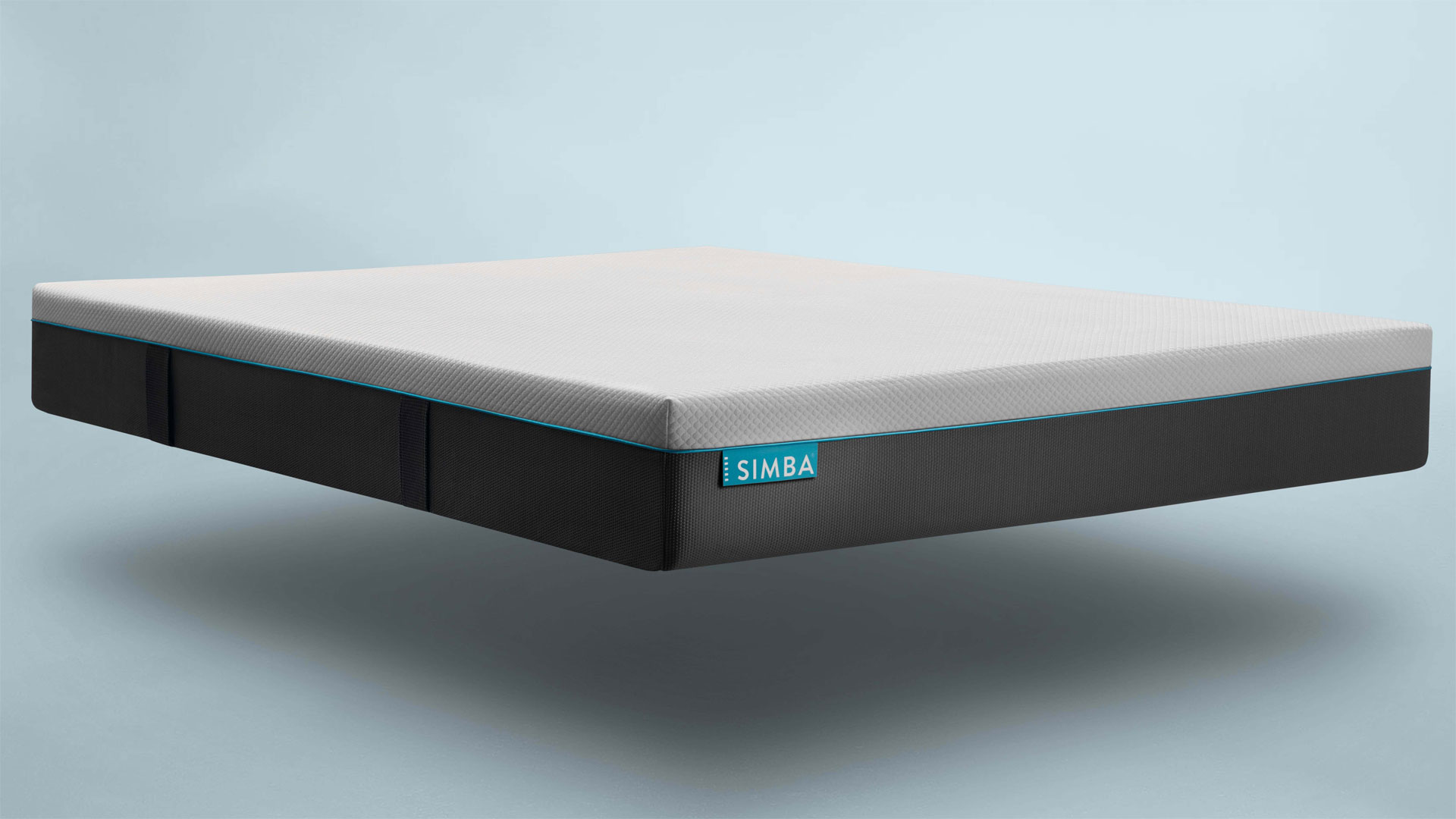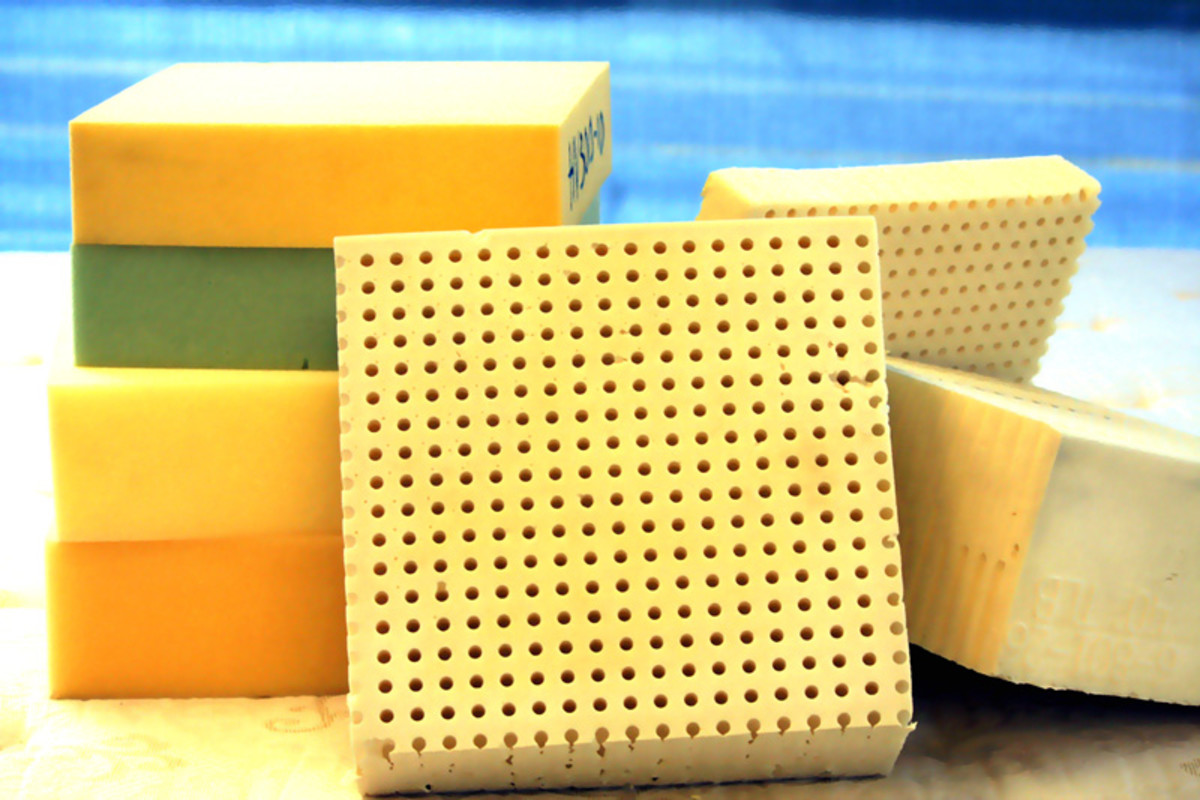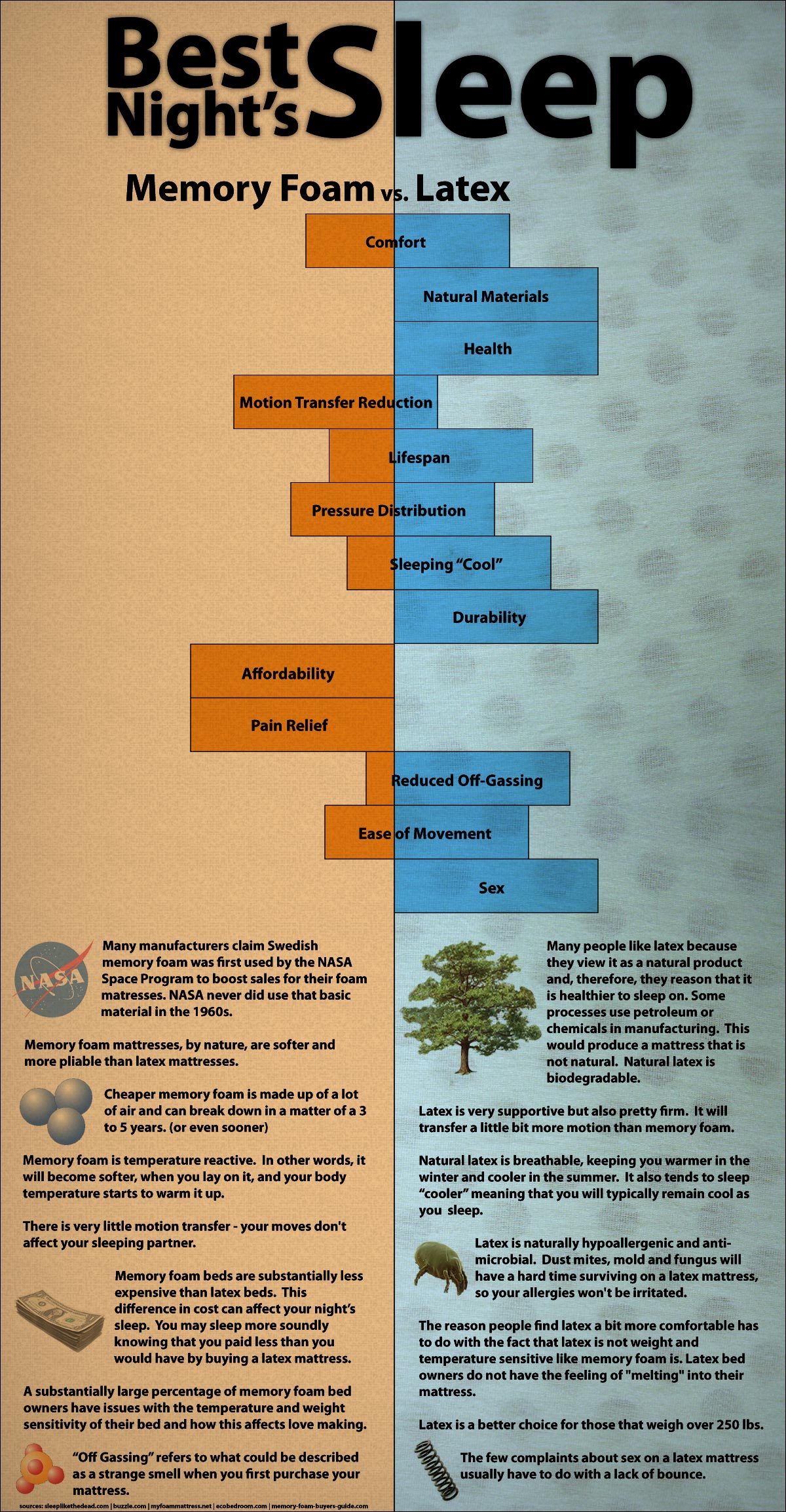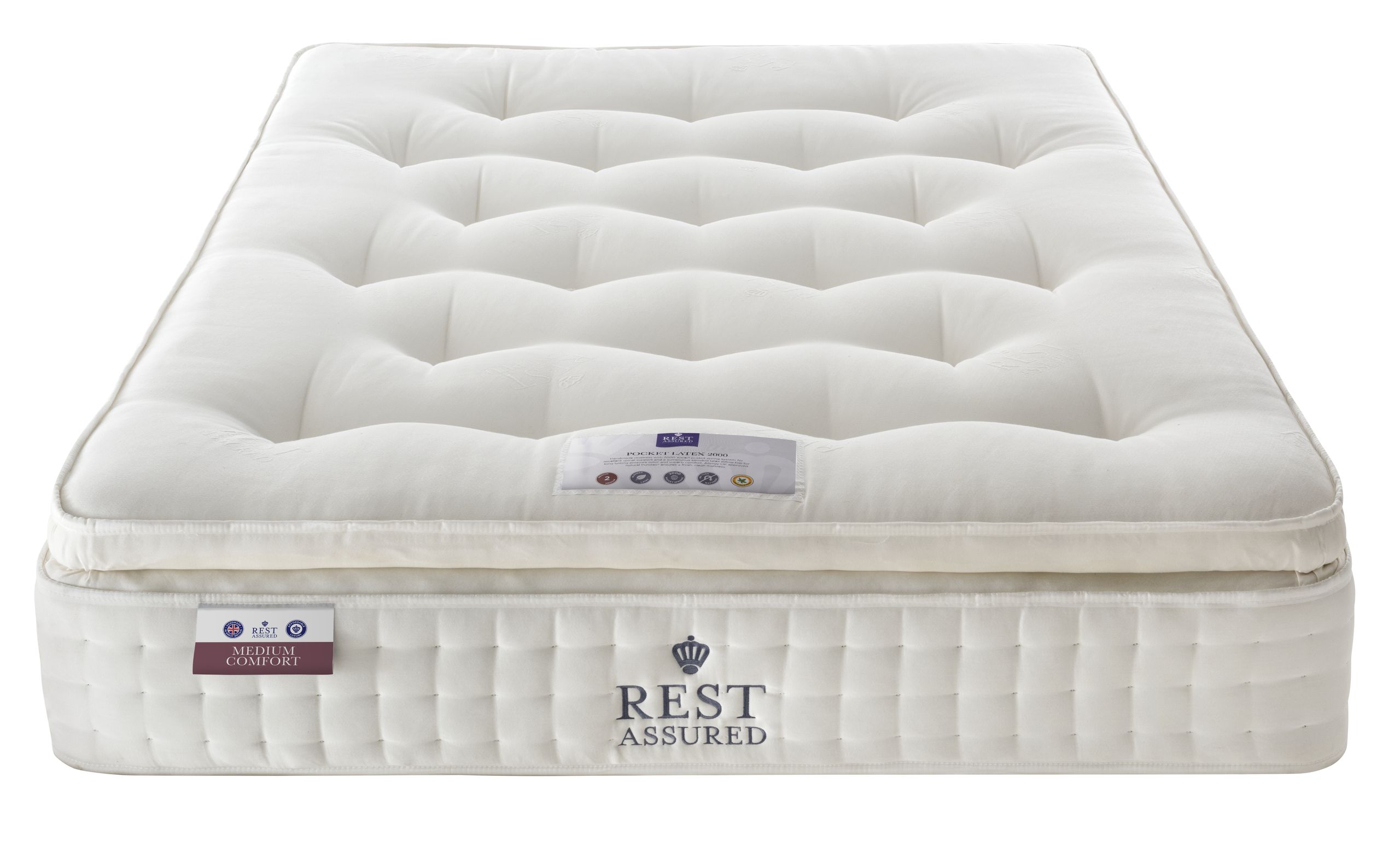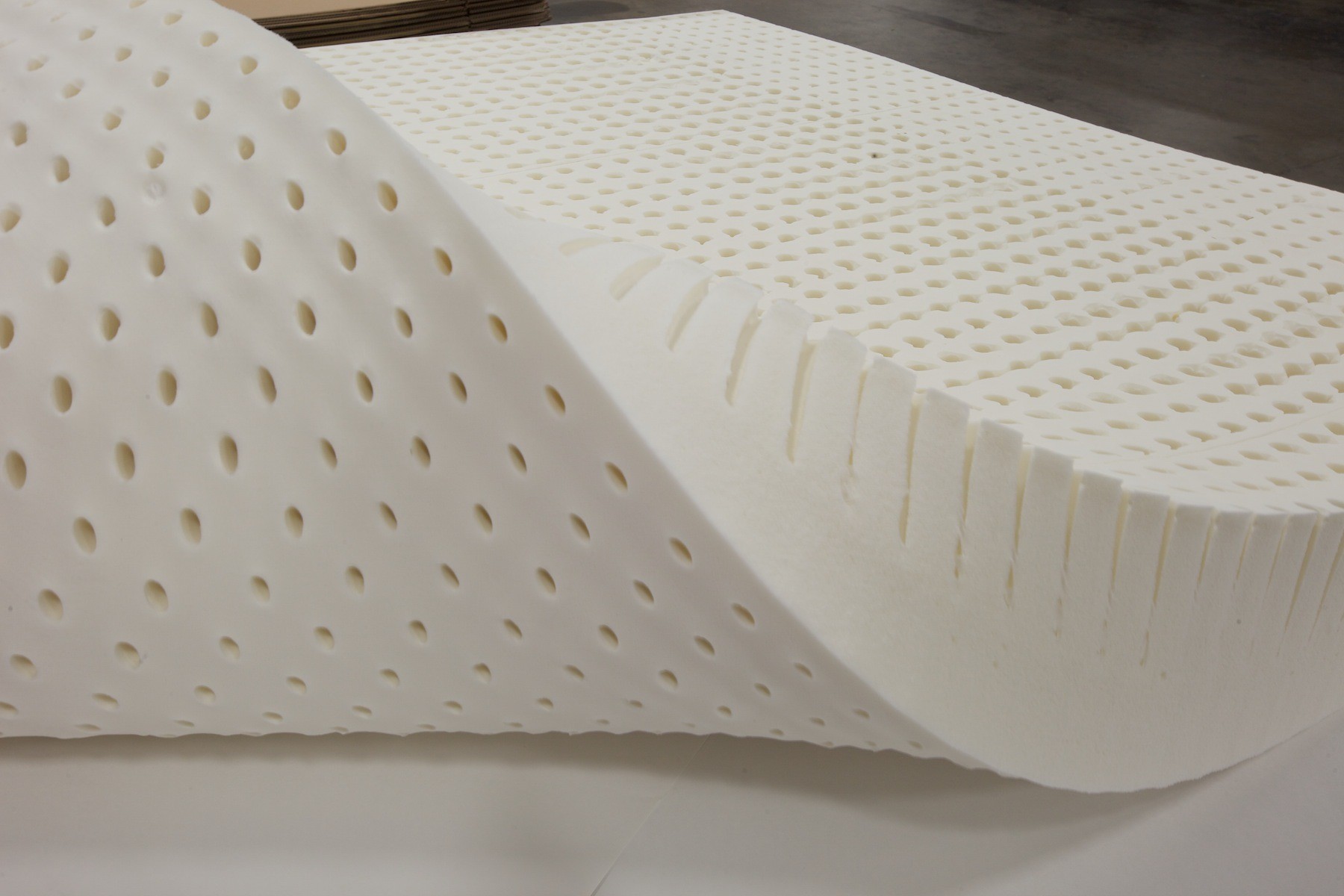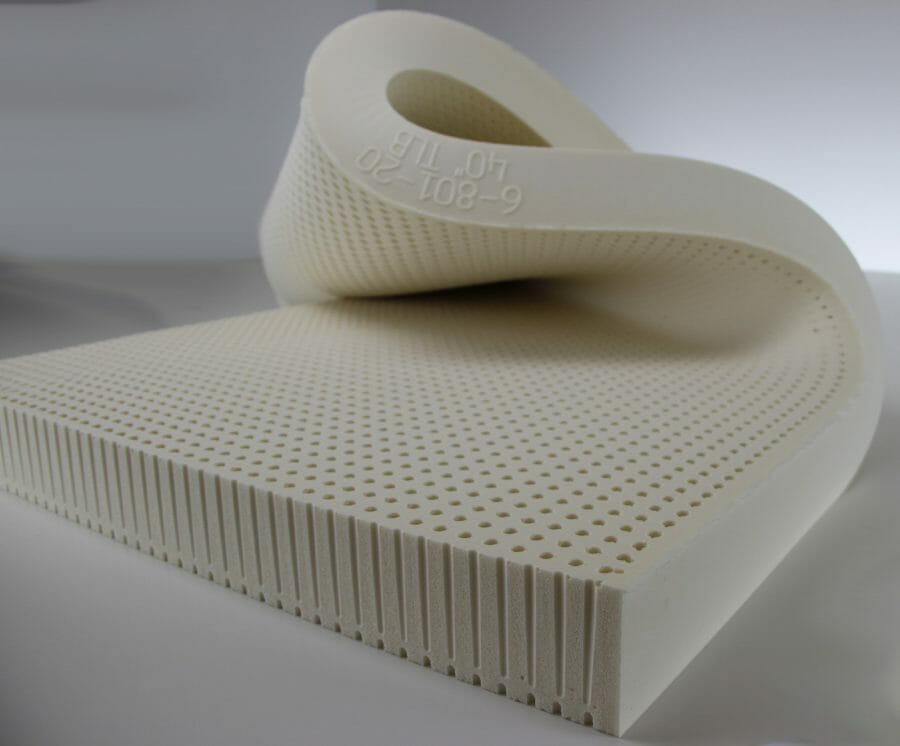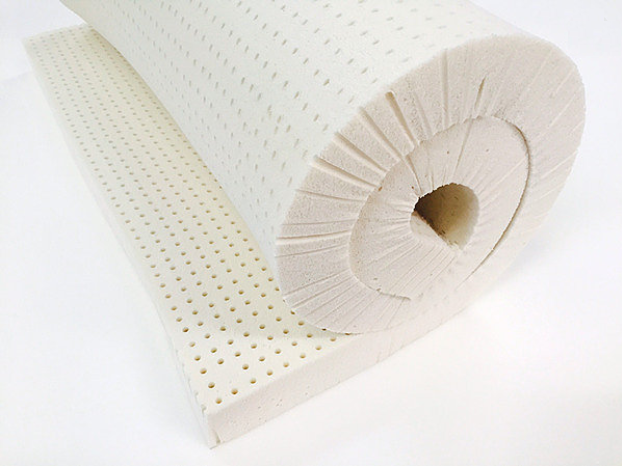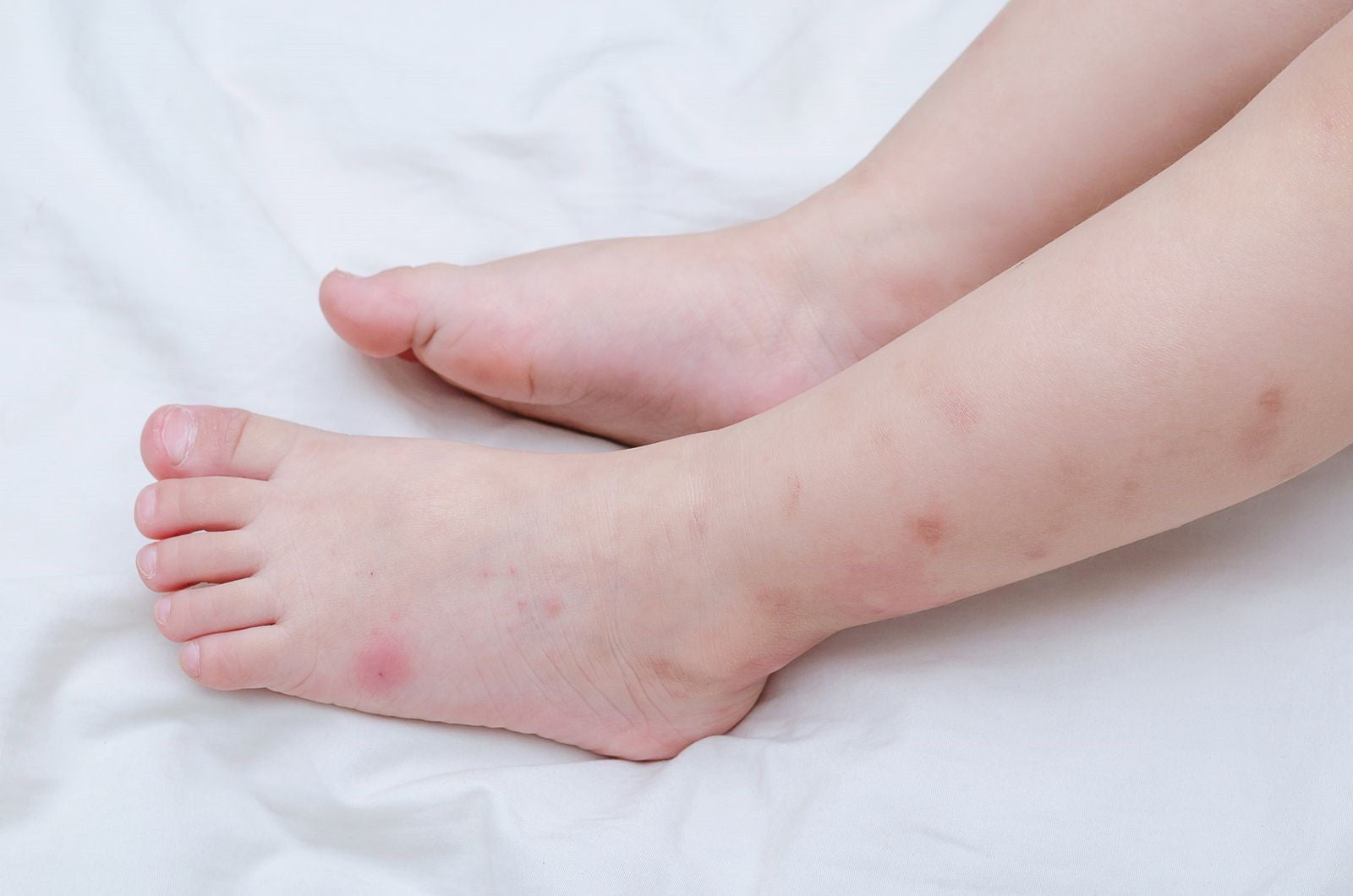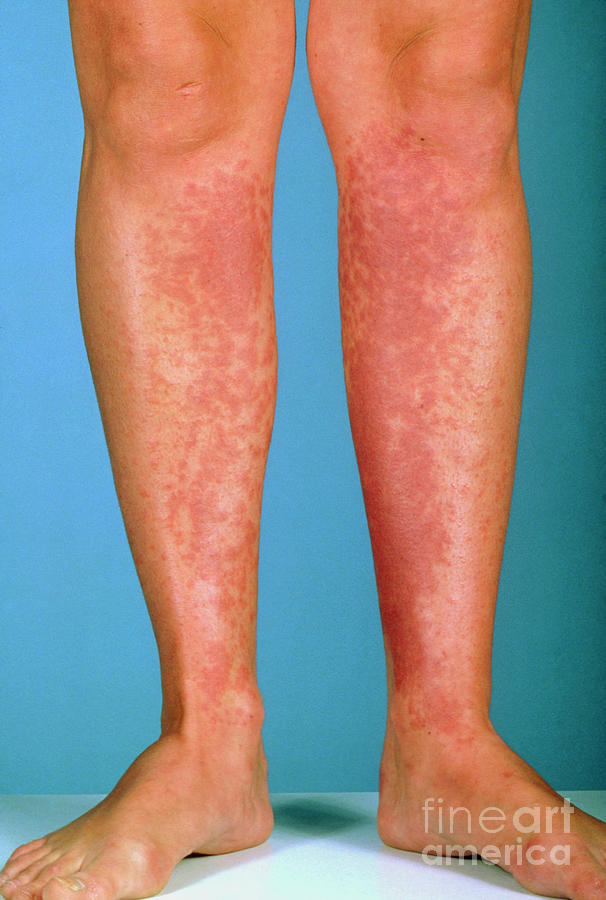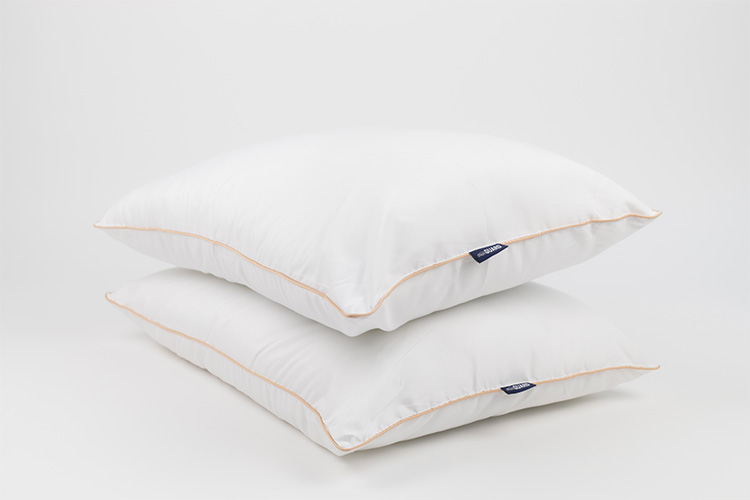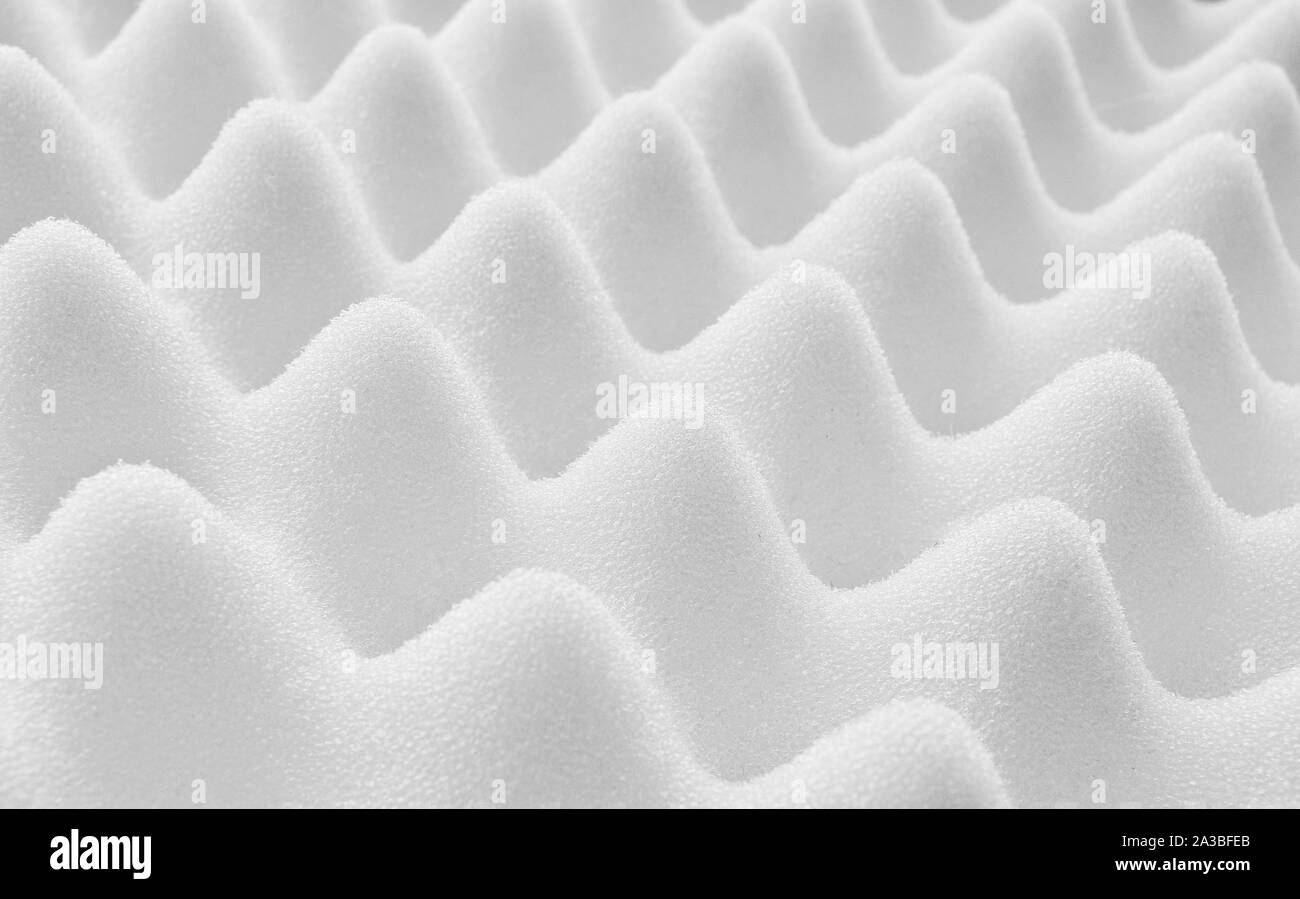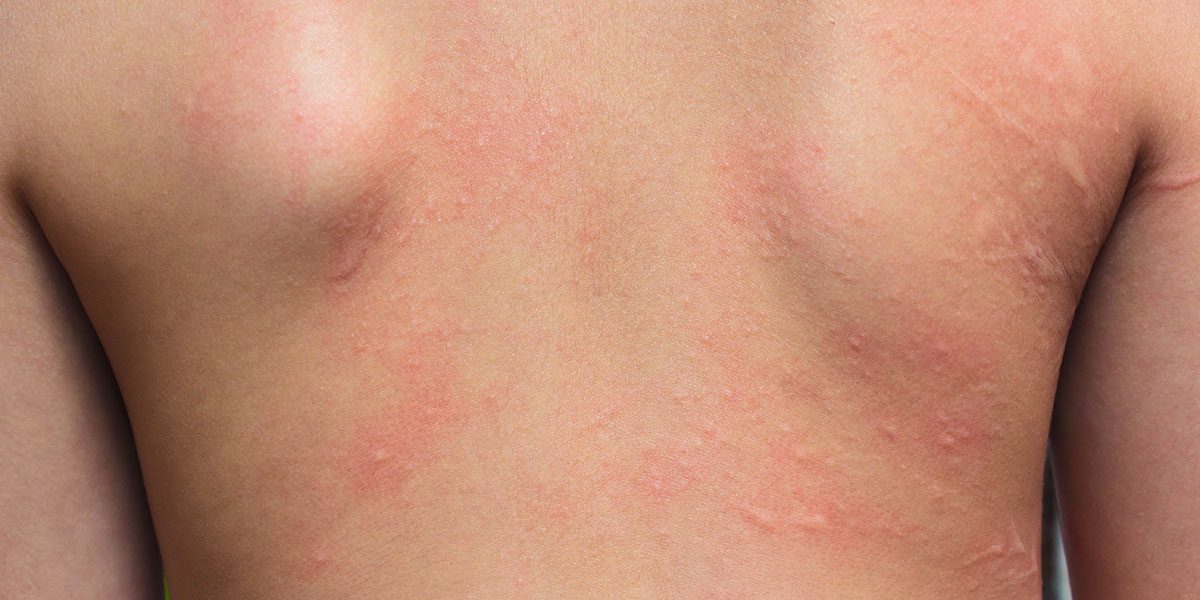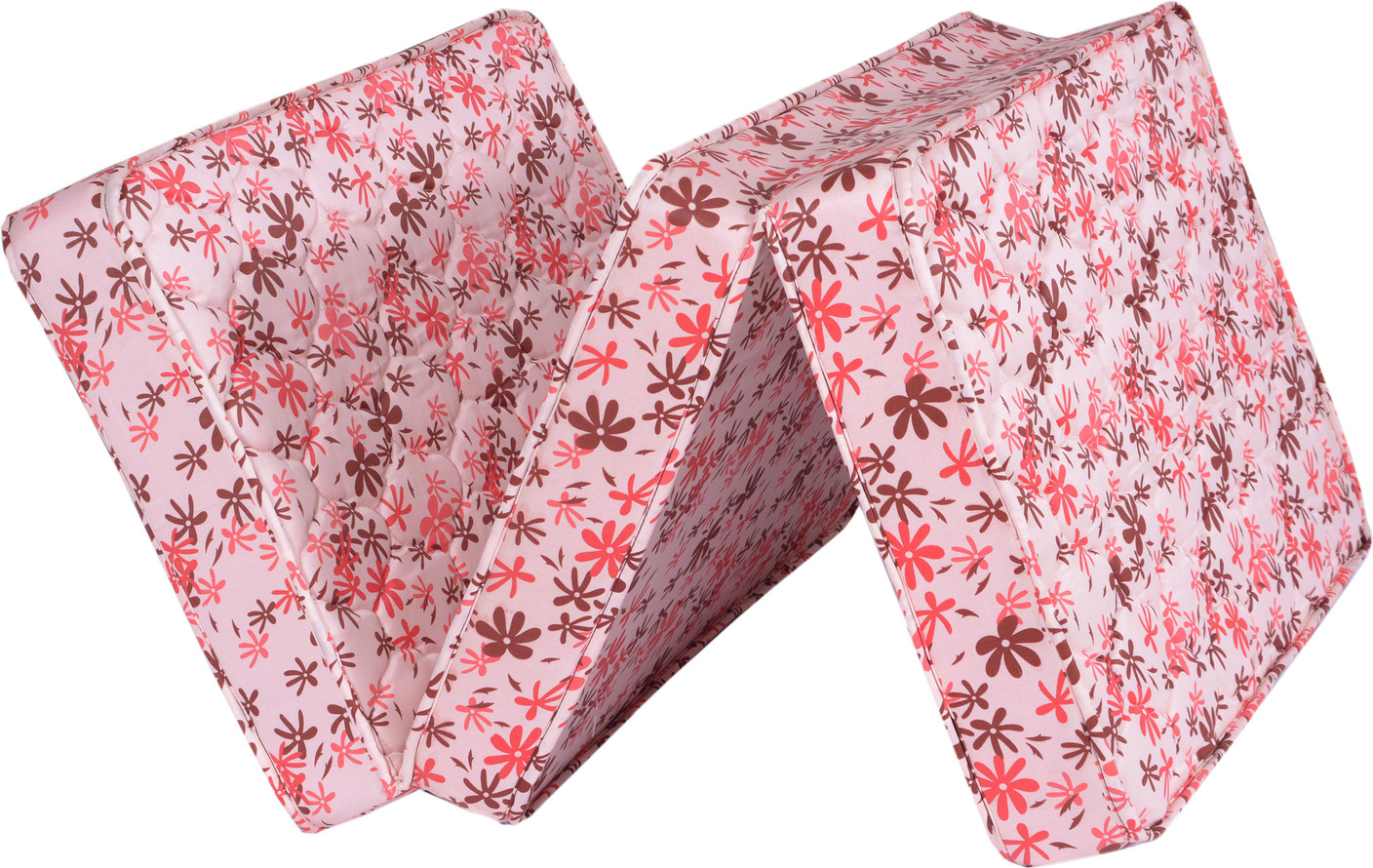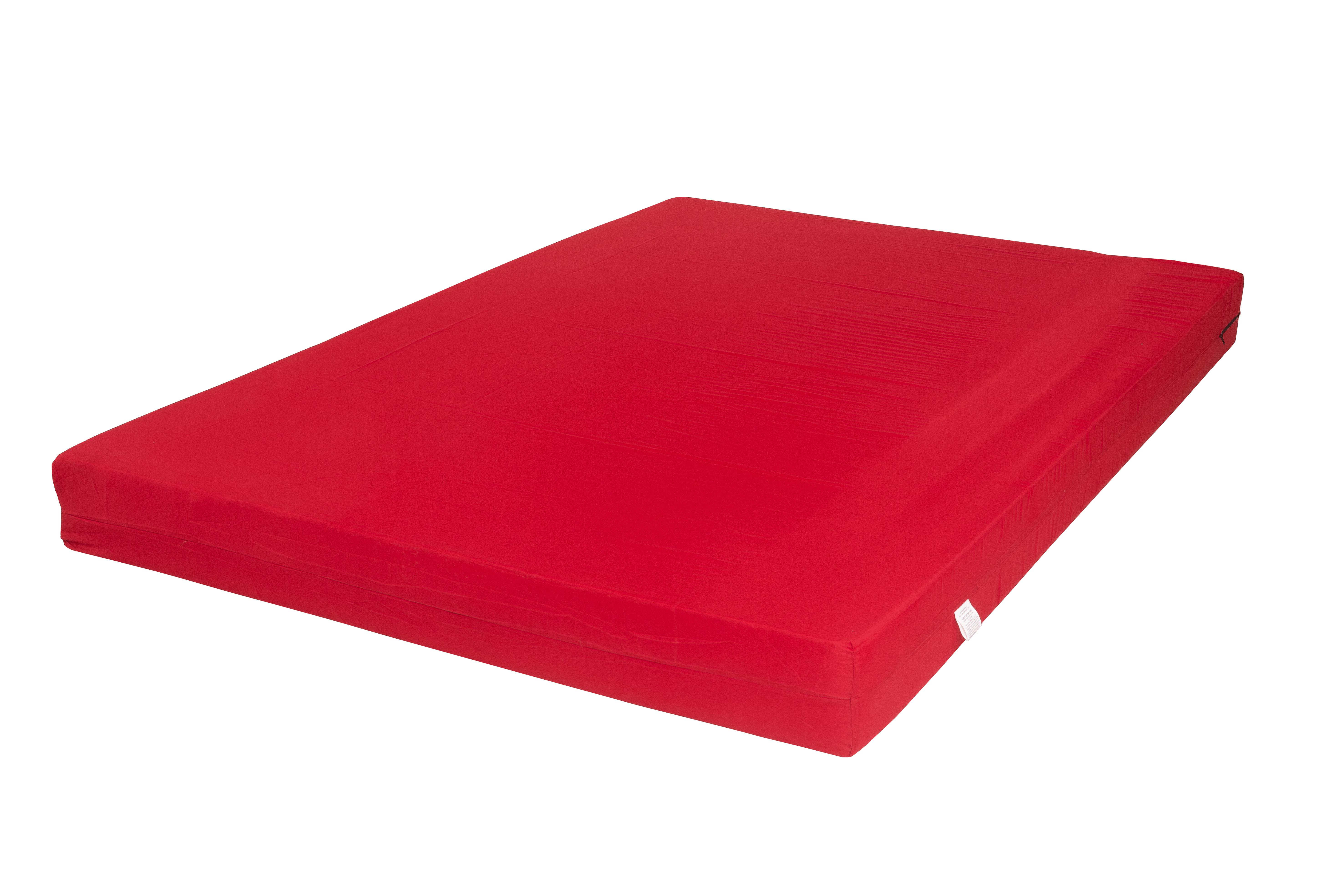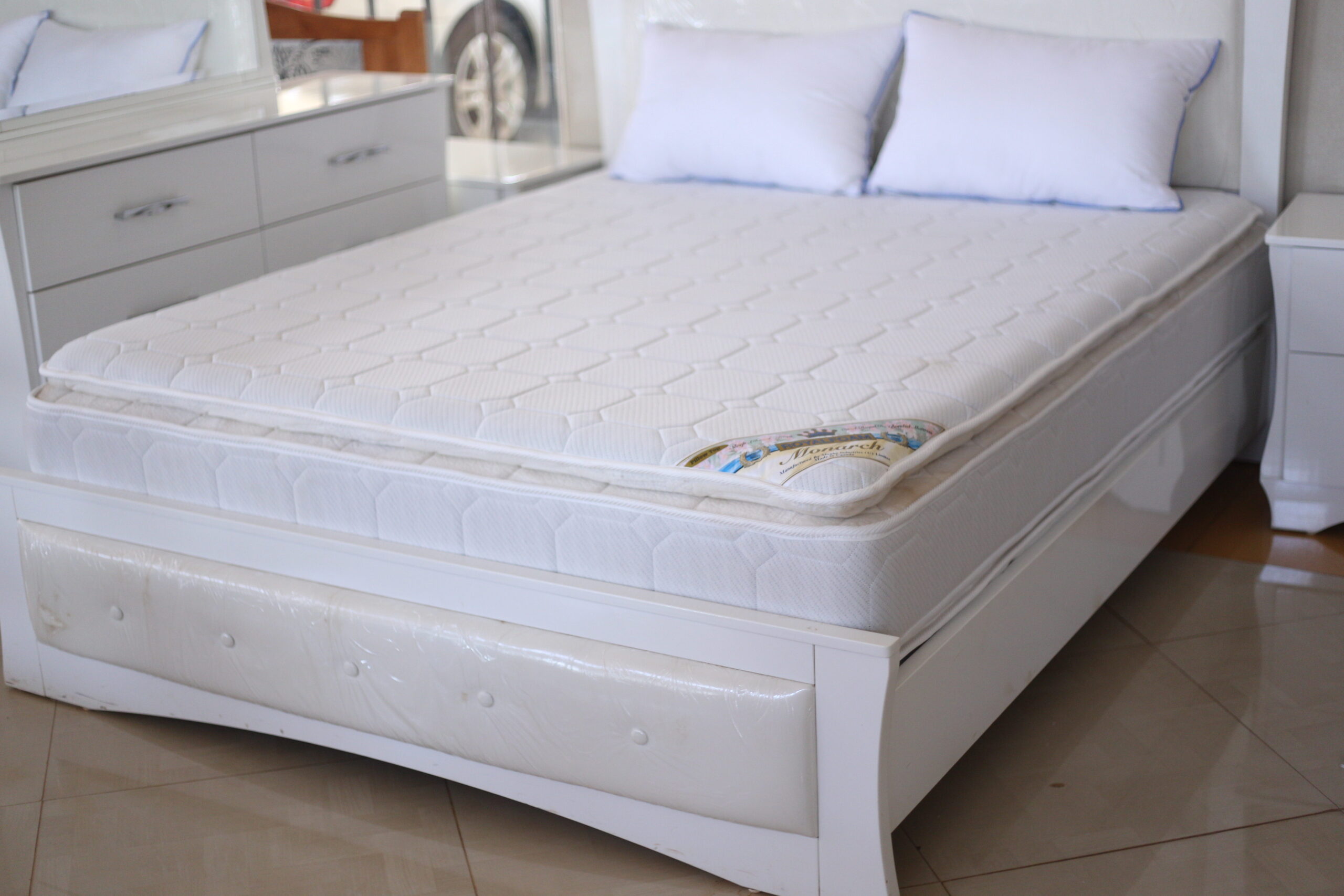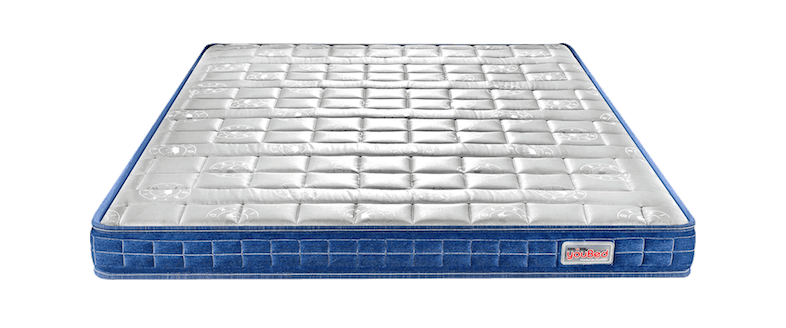Foam mattresses have become a popular choice for many people due to their comfort and support. However, for some individuals, sleeping on a foam mattress can lead to skin irritation and other allergic reactions. If you're experiencing discomfort and wondering what could be causing it, here are the top 10 causes of foam mattress skin irritation and how you can prevent it.Foam Mattress Skin Irritation: Understanding the Causes and How to Prevent It
One of the main culprits of skin irritation caused by a foam mattress is allergies. Foam mattresses are known to contain various chemicals and materials that can trigger allergic reactions in some people. These can include polyurethane foam, latex foam, chemical flame retardants, and adhesives. If you have a known allergy to any of these materials, it's important to check the label and choose a mattress that is suitable for your needs.Foam Mattress Allergies: Is Your Mattress to Blame?
Memory foam mattresses are made from polyurethane foam, which is known to release chemicals into the air through a process called off-gassing. These chemicals, such as formaldehyde and toluene, can cause skin irritation, respiratory problems, and other health issues. To prevent exposure to these harmful chemicals, it's important to choose a memory foam mattress that has been CertiPUR-US certified, indicating that it meets strict standards for emissions and materials used.Memory Foam Mattress Irritation: The Dangers of Chemical Off-Gassing
Latex foam mattresses are a popular alternative to memory foam, but they can also cause skin irritation in some individuals. Latex is a natural material derived from the sap of rubber trees, and it can cause allergic reactions in those who are sensitive to it. If you have a latex allergy, it's important to avoid latex foam mattresses and opt for a different type of mattress instead.Latex Foam Mattress Skin Sensitivity: The Lowdown on Latex Allergies
One of the most common causes of foam mattress skin irritation is contact dermatitis. This is a type of skin rash that occurs when the skin comes into direct contact with an irritant or allergen. The chemicals and materials used in foam mattresses can cause contact dermatitis in some people, leading to redness, itching, and discomfort. If you're experiencing these symptoms, it's important to consult with a doctor to determine the cause and find an appropriate treatment.Foam Mattress Rash: Identifying Contact Dermatitis Symptoms
To prevent contact dermatitis from a foam mattress, it's important to minimize your exposure to potential irritants. This can include covering your mattress with a hypoallergenic mattress cover, washing your bedding regularly, and choosing a mattress that is free from harmful chemicals. You can also try sleeping on a different type of mattress, such as a hybrid mattress or a waterproof mattress, to see if your symptoms improve.Foam Mattress Contact Dermatitis: How to Minimize Exposure to Irritants
If you have pre-existing skin conditions, such as eczema, sleeping on a foam mattress may exacerbate your symptoms. The chemicals and materials used in foam mattresses can irritate sensitive skin, leading to redness, itching, and inflammation. To manage eczema and prevent flare-ups, it's important to choose a mattress that is gentle on the skin and free from potential irritants.Foam Mattress Eczema: Managing Pre-Existing Skin Conditions
In some cases, sleeping on a foam mattress can lead to an allergic reaction known as hives. Hives are a type of rash that appears as itchy, red, and raised bumps on the skin. They can be caused by coming into contact with an allergen, such as the chemicals and materials used in foam mattresses. If you're experiencing hives after sleeping on a foam mattress, it's important to consult with a doctor to determine the cause and find an appropriate treatment.Foam Mattress Hives: Identifying Allergic Reactions
If you're experiencing redness and irritation after sleeping on a foam mattress, there are a few things you can do to soothe your skin. Applying a cool compress to the affected area can help reduce redness and inflammation. You can also try using calamine lotion or aloe vera gel to soothe your skin and alleviate any discomfort.Foam Mattress Redness: How to Soothe Irritated Skin
Itching is a common symptom of skin irritation caused by a foam mattress. To relieve discomfort, you can try using an anti-itch cream or hydrocortisone cream on the affected area. It's also important to avoid scratching, as this can further irritate your skin and potentially lead to infection.Foam Mattress Itching: How to Relieve Discomfort
How to Avoid Skin Irritation from Foam Mattresses

Understanding the Cause of Skin Irritation
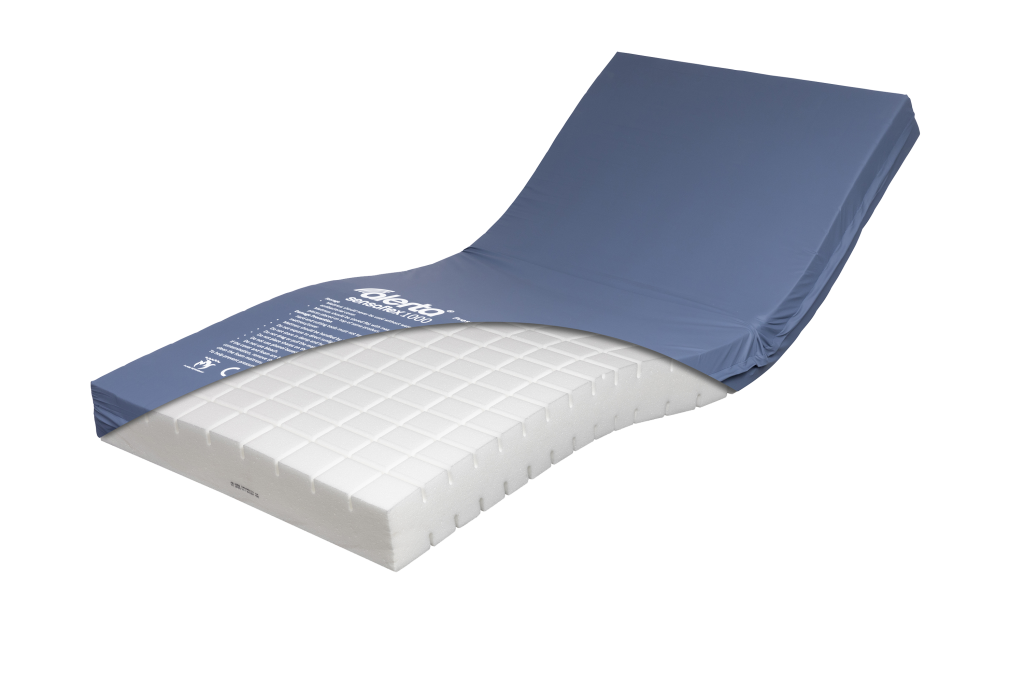
You’ve just purchased a brand new foam mattress and you’re excited to experience the comfort and support it promises. But after a few nights of sleeping on it, you notice that your skin is starting to feel irritated and itchy. This may be a common issue for many people, as foam mattresses can sometimes cause skin irritation. But why does this happen?
The main culprit behind skin irritation from foam mattresses is the chemicals used in the manufacturing process. Most foam mattresses are made with polyurethane foam , which contains a variety of chemicals such as isocyanates , flame retardants , and formaldehyde . These chemicals can easily irritate sensitive skin, causing redness, itching, and even rashes.
How to Prevent Skin Irritation

Now that you know the cause of skin irritation from foam mattresses, it’s important to take steps to prevent it from happening to you. Here are some tips to help you avoid skin irritation:
- Choose a High-Quality Foam Mattress: Not all foam mattresses are created equal. Look for ones that are CertiPUR-US® certified , which means they are made without harmful chemicals and have low VOC emissions.
- Opt for Natural Materials: If possible, choose a foam mattress made with natural materials such as organic cotton or wool . These materials have lower chances of causing skin irritation.
- Use a Mattress Cover: A mattress cover can act as a barrier between your skin and the chemicals in the foam mattress. Look for one that is made with hypoallergenic materials.
- Air Out Your Mattress: Before using your new foam mattress, let it air out for a few days. This will help dissipate any chemical odors and reduce the chances of skin irritation.
- Wash Your Sheets Regularly: Make sure to wash your sheets and pillowcases regularly to get rid of any chemicals that may have transferred from your foam mattress.
Conclusion

While foam mattresses can provide great comfort and support, they can also cause skin irritation due to the chemicals used in their production. By following these tips, you can minimize your risk of experiencing skin irritation and enjoy a good night’s sleep on your foam mattress.




